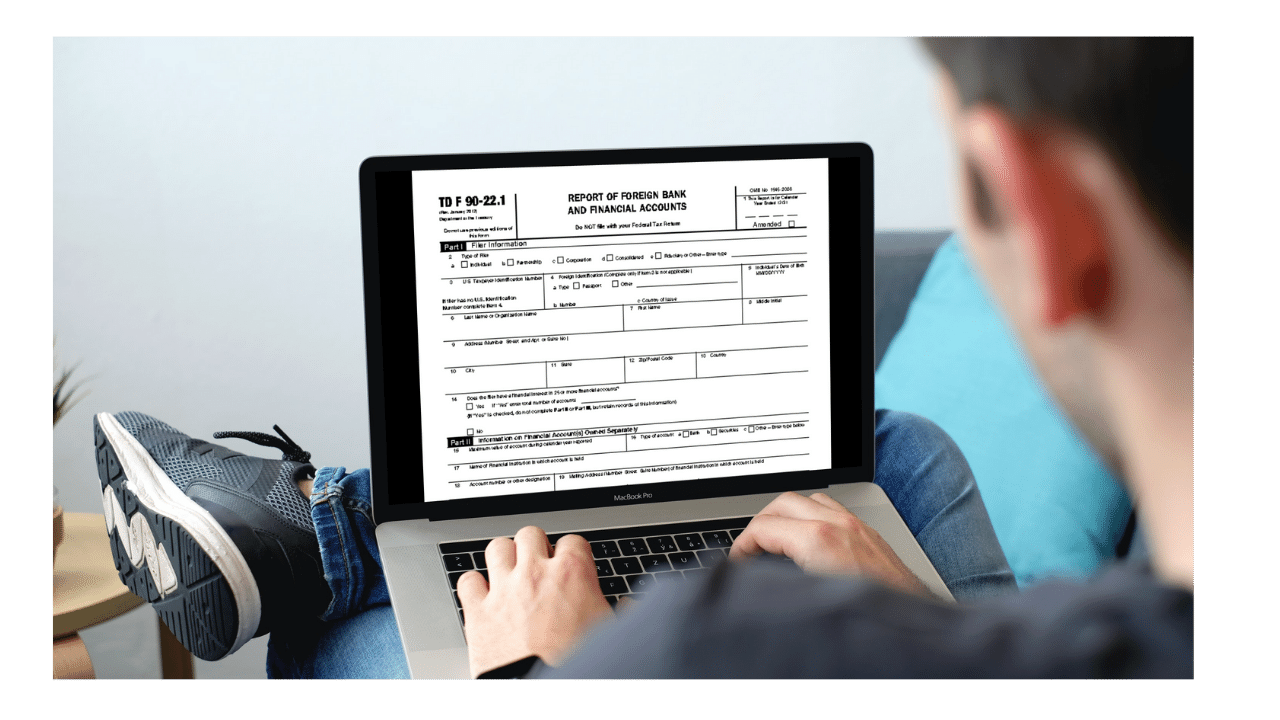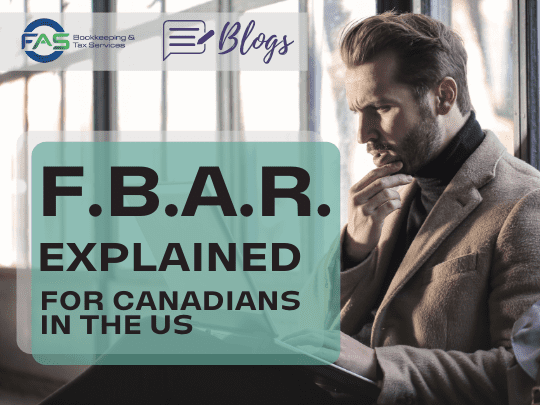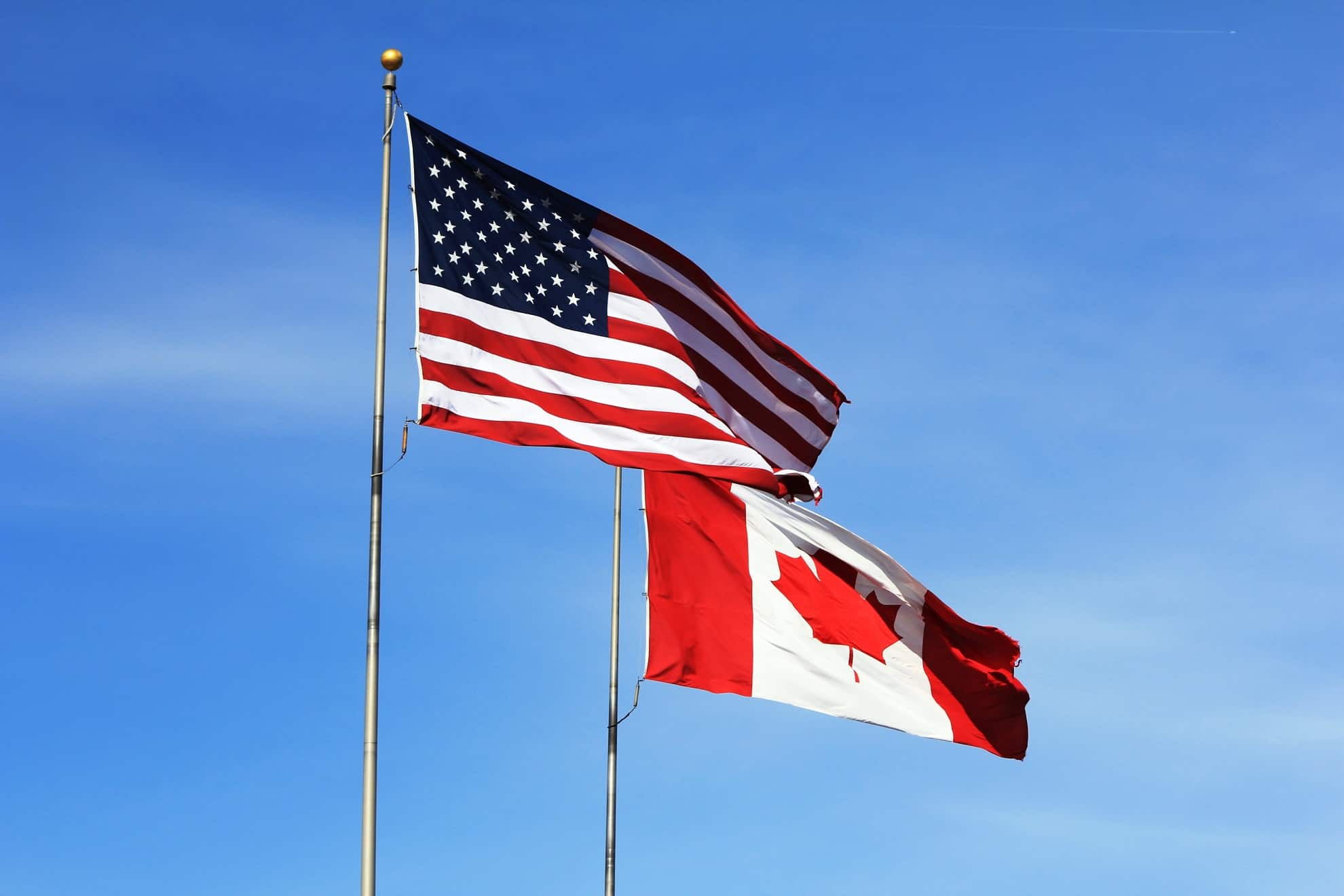FBAR now requires Cryptocurrency Disclosure
On New Year’s Eve 2020, the IRS quietly dropped a bombshell as it announced it would begin tracking Bitcoin and other cryptocurrency transactions as a means of combating tax evasion. The IRS says that it intends to add virtual and cryptocurrency accounts as a reportable account under FBAR rules.
The U.S. Treasury Department’s Financial Crimes Enforcement Network (FinCEN) intends to propose a rule that would amend the Bank Secrecy Act and the way foreign bank account reports are filed, including digital currencies as a form of foreign currency.
FinCEN, an acronym for the Financial Crimes Enforcement Network, is a US regulatory body that monitors trends in money laundering and other financial crimes. It has a global reach, and already requires Americans (including expats) with foreign accounts to report them annually by filing a Foreign Bank Account Report.
What is FBAR reporting?
If you are an American citizen or hold a Green Card, you must file taxes in the United States every year. This includes Americans who live abroad.
American taxpayers who live or work outside the United States can decrease their US tax bill with certain credits and exemptions, such as the Foreign Tax Credit and the Foreign Earned Income Exclusion.
Additionally, they may be required to report any financial accounts located outside the United States that require their permission to make withdrawals or otherwise conduct transactions (even if the account isn’t registered in their name, such as a joint or business bank account).
Foreign financial accounts include most bank and investment accounts registered in other countries.
“The rule change would appear to bring FBAR rules around crypto holdings in line with cash held outside the U.S. by citizens or other U.S. persons. It could have the most visible impact on users of crypto exchanges like Bitstamp and Bitfinex.” – Yahoo Finance.
How are cryptocurrencies currently reported?
Previously, the IRS said it was not necessary to report Bitcoin and other cryptocurrencies on FBARs, but the latest statement indicates that this will soon change.
If you receive any virtual & cryptocurrency in exchange for providing a service, you need to report that as income. If you make any gains on the sale of cryptocurrency, those transactions can be taxed under the rules governing capital gains.
When did the change take place?
The FinCEN statement on December 31, 2020, addressed changes to FBAR reporting rules, rather than indicating an immediate change.
Policymakers will need to be mindful of the fact that their new rules will need to be written carefully if they are going to avoid unintended consequences. For example, should the rules require cryptocurrency wallets to be reported in addition to wallets hosted by virtual coin exchanges?
The announcement of a proposed change in policy for virtual currency exchange platforms comes shortly after another announcement requiring such firms to report American clients. It’s unclear how this will be enforced, however, given that foreign banks and investment firms already do this as required by the FATCA law.
Bottomline
While there are still many unanswered questions, the reality is that any American with a Bitcoin or cryptocurrency wallet should seriously consider their FBAR filing requirements. This includes individuals living abroad who must report their worldwide income on their U.S. tax returns. Given the rising popularity of this new form of money, the IRS may well increase its enforcement efforts in identifying holders of digital currency and hold taxpayers accountable for their use of the currency for tax purposes.
Don’t know how to accurately report your crypto income and holdings? Send us a message and let our Enrolled Agent help you steer clear of the IRS’ bad side.

















